Can my neighbour point their CCTV at my house? Your right to privacy in an increasingly surveilled world
Here's how to combat unsolicited surveillance


Home security has never been more advanced, and most homes have some form of recording technology. This begs the question: can my neighbour point their CCTV at my house?
From motion-sensor floodlights to Wi-Fi-enabled doorbells with live video feeds, surveillance technology has become a staple in suburban neighborhoods. While these devices offer homeowners peace of mind, they also raise complex questions about privacy, especially when a camera is pointed toward someone else’s property.
If you’re worried that your neighbor’s home security is capturing more than it should, you’re not alone. Here, we explore what federal and state laws say about your right to privacy and what actions you can take if a neighbor’s CCTV setup crosses the line.
Can my neighbour point their CCTV at my house?
In the US, the legality of home surveillance is generally governed by a combination of state privacy laws, local ordinances, and, in some cases, federal wiretapping laws.
Unfortunately, this means that there is no straightforward answer to this privacy question.
Broadly speaking, however, yes, your neighbor is within their rights to install the best security measures for a house, such as the Ring Doorbell from Amazon on their property – even if those cameras happen to capture parts of yours – so long as they’re not intentionally violating your reasonable expectation of privacy.
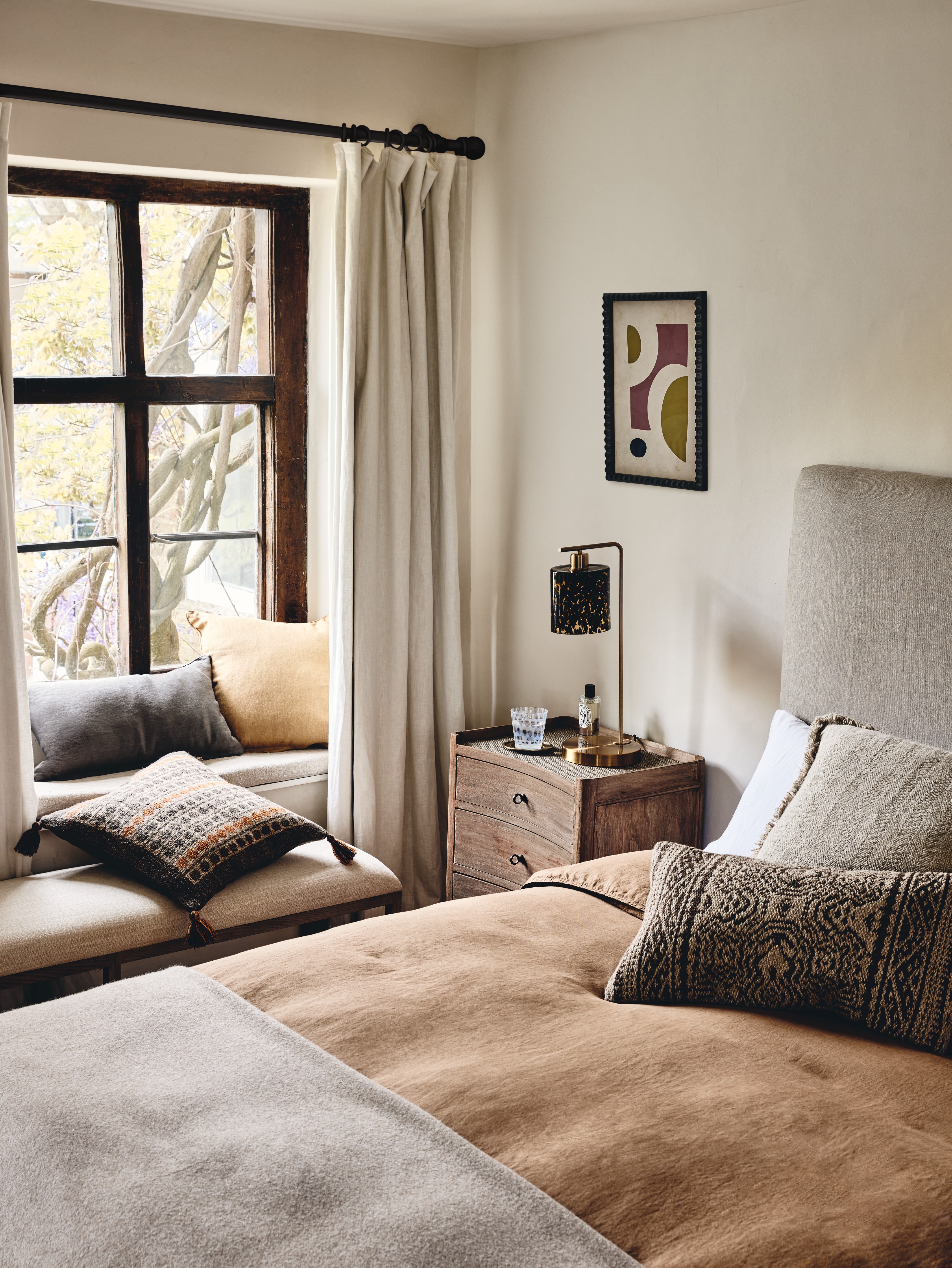
Rooms such as bedrooms have a 'reasonable right to privacy'.
Security expert Kirk MacDowell explains, 'A reasonable expectation of privacy is a legal concept that plays a crucial role here. It typically applies to places like the inside of your home, bathrooms, or any area where you have a clear right to seclusion.
Design expertise in your inbox – from inspiring decorating ideas and beautiful celebrity homes to practical gardening advice and shopping round-ups.
'For example, it would likely be unlawful for a camera to capture the interior of your home through a bedroom window. However, your front door, driveway, or exterior walls – areas generally visible from the street – are considered public view and are not typically protected in the same way.'
State laws can also vary considerably. In California, for instance, recording someone without their consent in a space where they expect privacy can be considered a criminal offense under California Penal Code § 647(j).
In Florida, using a hidden camera to record someone in a private space can also lead to criminal charges under Statute § 810.145.
Importantly, the presence of a CCTV camera does not automatically equate to a privacy violation. Courts often look at the intention behind the camera placement, whether any attempts were made to respect boundaries, and the degree to which your neighbor’s best home security system invades personal privacy.
What to do if your privacy feels invaded
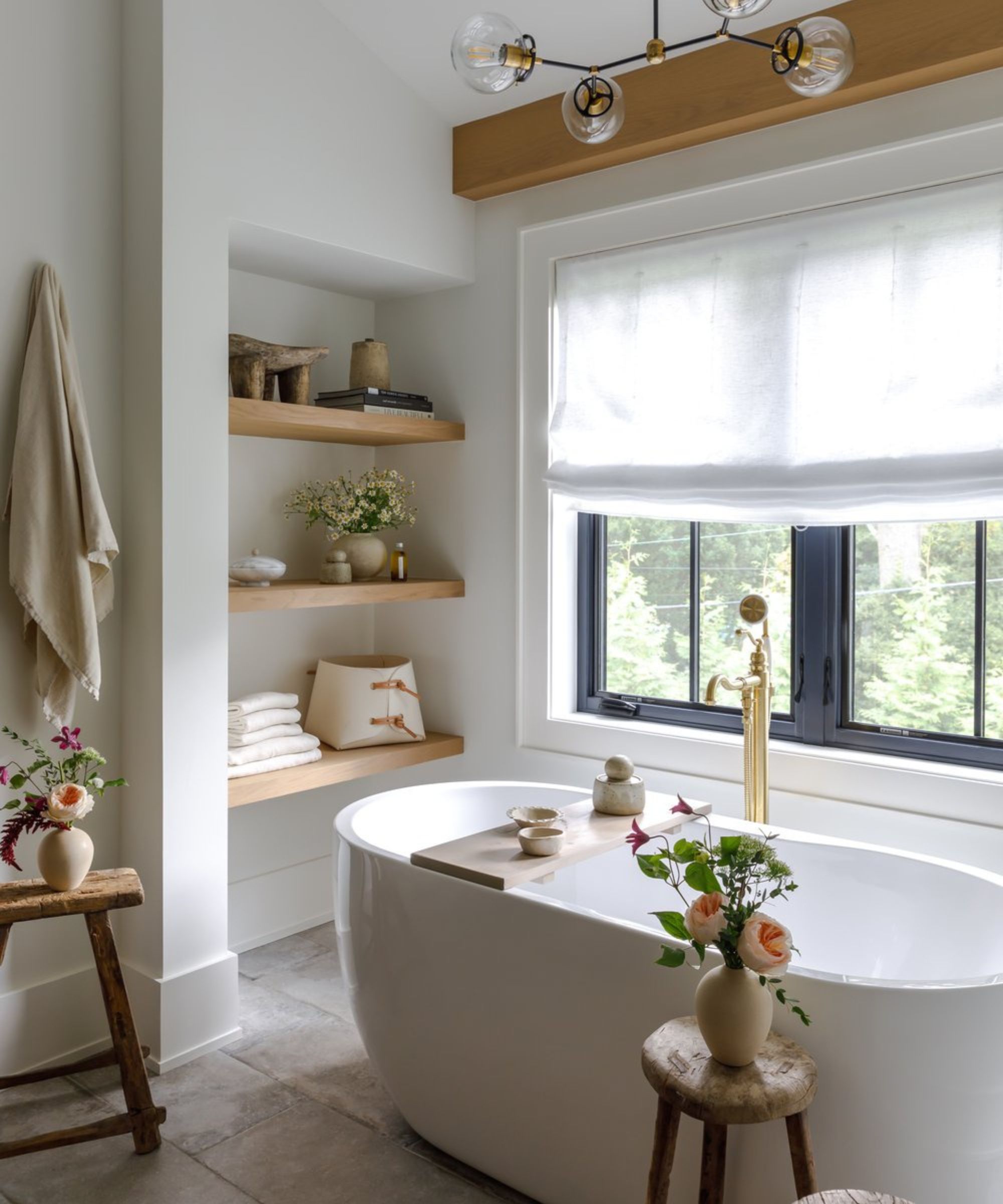
As a homeowner, you have the right to express your concerns about neighbor's CCTV.
If you feel that a neighbor’s camera is invading your privacy, you don’t have to simply live with it. Approach your neighbor calmly and express your concerns. Often, the issue can be resolved amicably – your neighbor may not even be aware their camera is pointed at your window or backyard.
If a friendly conversation doesn’t solve the problem, Gene Petrino, security expert at Survival Response and a retired SWAT commander, suggests further steps you can take:
- Document the situation: Take photos or video showing the location and angle of the camera, especially if it appears to be focused on areas like your bedroom window or backyard. Keep a log of any interactions or changes.
- Contact your local homeowners’ association (HOA): If you live in a community governed by an HOA, they may have specific rules about the placement of surveillance equipment and could intervene on your behalf, and issue an HOA fine if your neighbor is violating any local codes.
- Review local and state laws: Some municipalities have ordinances about where cameras can be placed. Check with your city or county’s planning department.
- Consult an attorney: If the issue escalates and you believe your privacy is being violated, a lawyer can help you understand your rights and determine whether you have grounds for a civil lawsuit.
- File a complaint: In cases where the surveillance is extreme, such as a camera zoomed into your windows or audio recording without consent, you may have grounds to file a police report. Laws on audio recording, in particular, are strict and can carry severe penalties if violated.
Gene adds, 'It's also important to know that tampering with or obstructing your neighbor’s camera, such as by pointing a laser at it or physically altering its view, can land you in legal trouble. Always pursue peaceful and legal avenues to resolve disputes.'
One suggestion you can make is for your neighbor to install a Philips door chime from Walmart as a clever decoy camera, which doesn’t record but will still deter unwanted intruders. Alternatively, invest in smart privacy barriers such as the best garden screening ideas and the best privacy hedges to create a natural barrier around your home.
What to shop
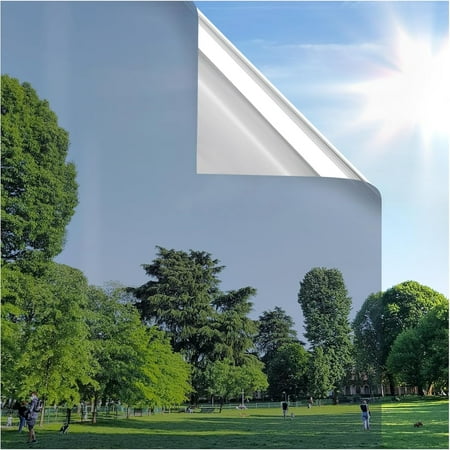
This one-way reflective window film attaches to window glass without adhesive and makes it hard for people to see into your home, especially from the distance of a CCTV camera.
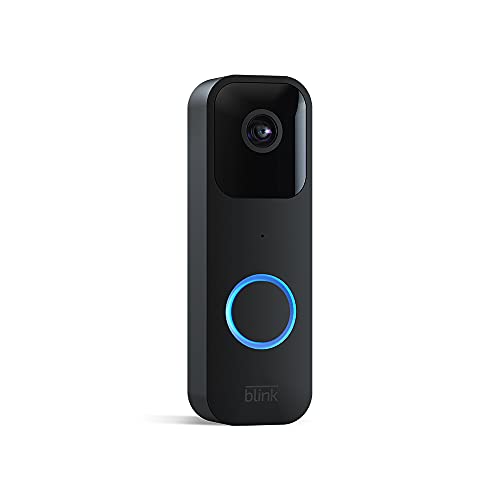
Video doorbells are becoming one of the most important smart home must-haves. This simple video doorbell can be set up in minutes using two AA batteries (which are included) to help protect your home against porch pirates.
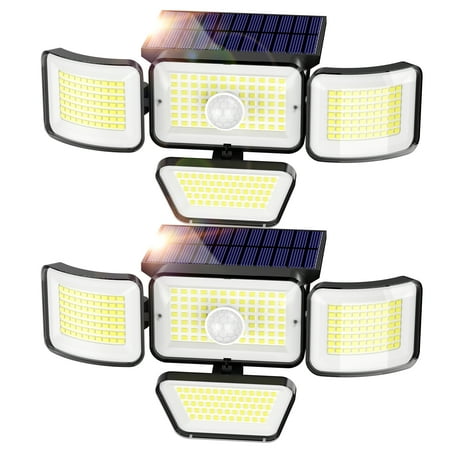
Don't want your own CCTV? Using motion sensor, solar-powered security lights will help dissuade unwanted visitors from hanging around at night, while alerting you to their presence, and making it easier for you when you get home in the dark.
Meet the experts

Kirk is a Home Security expert at Batten Safe and is a 40-year veteran of the security industry. He is a highly regarded figure with experience working as an executive and board member of various security associations. Additionally, he is a retired law enforcement officer– an experience that gives him a unique consumer perspective.

Gene Petrino a security expert, and retired SWAT Commander. He is also on his local Board of REALTORS Safety Committee. Additionally, a Crime Prevention Through Environmental Design (CPTED) practitioner certified by the Attorney General of Florida.
The balance between home security and privacy rights is becoming a legal gray area that courts are still figuring out. The key for homeowners is to strike a balance between protecting their property and respecting the boundaries of others.
Ultimately, resolving CCTV conflicts often comes down to respectful communication and mutual understanding. Most people just want to feel safe in their homes and prevent burglary without feeling like someone’s watching.

Seraphina is a contributing editor at Homes & Gardens, writing Solved features on organizing and storage. She loves to decorate and also grow her own produce from her home in London. Her previous experience includes working at Women's Health and Fabulous Magazine.